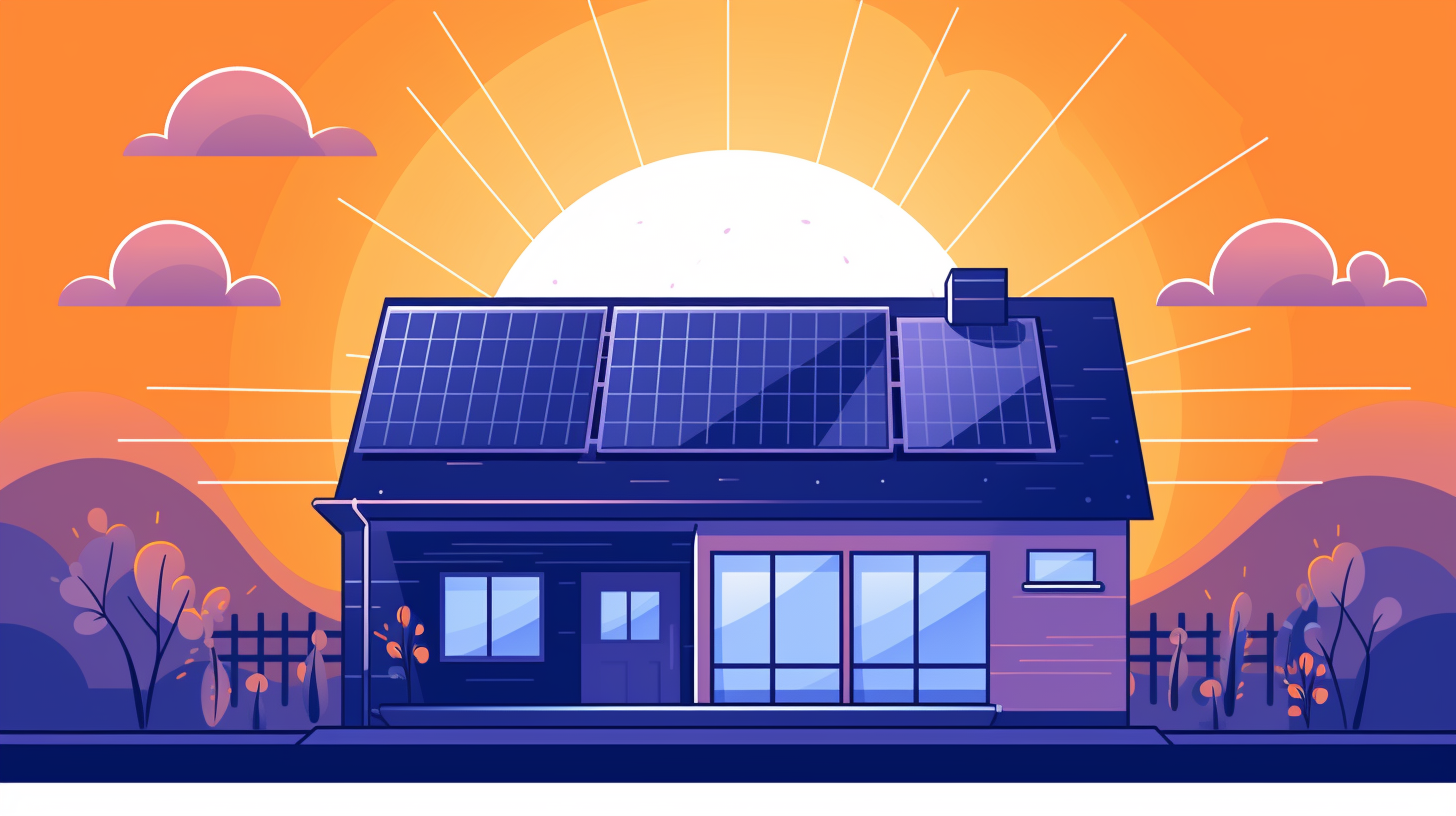(ThyBlackMan.com) If you’re a homeowner, you’ve probably heard the term “PPA” tossed around in conversations about solar energy. But what exactly is a PPA, and do you need one? In this article, we’ll break down the ins and outs of Power Purchase Agreements (PPAs) to help you decide if they’re the right fit for your green energy goals.
Understanding PPAs
To kick things off, let’s clarify what a PPA actually is. A Power Purchase Agreement is a contract between a homeowner (or business) and a solar energy provider. In essence, it’s a way for you to access the benefits of solar energy without having to purchase and install solar panels on your property. Instead, you agree to buy the electricity generated by the solar panels on someone else’s property, typically a solar farm.

How PPAs Work
Picture this: you’re considering going green and harnessing the power of the sun, but the thought of shelling out a hefty sum for solar panels has you hesitating. That’s where a PPA and subsequent PPA report comes into play. Here’s how it works:
Signing the Agreement: You enter into a contract with a solar energy company that owns and operates a solar farm. This agreement outlines the terms and conditions of your solar energy usage.
No Upfront Costs: One of the biggest advantages of a PPA is that you don’t have to pay for the installation of solar panels on your property. The solar energy provider takes care of all the expenses.
Monthly Payments: Instead of buying solar panels, you agree to pay a fixed rate for the electricity generated by the solar panels on the solar farm. This rate is often lower than what you’d pay to your local utility company.
Environmental Benefits: By using clean, renewable energy from the sun, you’re reducing your carbon footprint and contributing to a more sustainable future.
Maintenance and Monitoring: The solar energy provider is responsible for maintaining and monitoring the solar panels, ensuring they operate efficiently throughout the duration of the contract.
The Pros of PPAs
Now that we’ve got the basics down, let’s talk about the benefits of opting for a PPA:
Cost Savings: PPAs often provide homeowners with cheaper electricity rates compared to traditional utility companies. This can lead to significant savings on your monthly energy bills.
No Upfront Costs: The lack of upfront costs makes solar energy accessible to homeowners who might not have the funds to invest in solar panels.
Environmental Impact: Using solar energy reduces your reliance on fossil fuels, which in turn reduces greenhouse gas emissions and helps combat climate change.
Minimal Maintenance: Since the solar energy provider handles maintenance and monitoring, you don’t have to worry about the upkeep of the solar panels.
Considerations Before Signing a PPA
While PPAs have their advantages, they may not be the right choice for everyone. Here are some factors to consider before signing on the dotted line:
Contract Length: PPAs typically have long-term contracts, often ranging from 10 to 25 years. Make sure you’re comfortable with the commitment before proceeding.
Rate Escalation: Some PPAs include rate escalation clauses, which means your electricity rate may increase over time. Be sure to understand the terms of your agreement and how they may affect your future costs.
Home Sale: If you decide to sell your home while under a PPA contract, it can complicate the sale. Potential buyers will need to assume the contract or negotiate its termination with the solar energy provider.
Local Regulations: Check if there are any local regulations or restrictions regarding PPAs in your area, as they can vary from place to place.
Financial Situation: Consider your financial stability and whether you’re in a position to commit to a long-term agreement. While PPAs don’t require upfront costs, you are locked into monthly payments for an extended period.
The PPA Report
Before making any decisions, it’s essential to do your homework. Research different solar energy providers, compare their PPA offers, and thoroughly review the terms and conditions of any agreement you’re considering. Additionally, you can request a PPA report from potential providers, which outlines key details of the contract, including the rate, contract length, and any escalation clauses.
This report is a valuable tool for evaluating whether a particular PPA aligns with your budget and sustainability goals. It allows you to make an informed decision about whether or not a PPA is the right choice for your home.
Alternative Options
While PPAs can be an excellent choice for many homeowners, they’re not the only way to go solar. Here are a couple of alternative options to consider:
Leasing Solar Panels: Similar to a PPA, solar panel leasing allows you to use solar panels without the upfront costs. However, instead of purchasing the electricity, you pay a monthly lease fee for the panels themselves.
Buying Solar Panels: If you have the financial means and want complete ownership of your solar panels, purchasing them outright might be the best option. Although it requires a significant upfront investment, it can lead to greater long-term savings and energy independence.
Conclusion
In the world of renewable energy, Power Purchase Agreements (PPAs) offer homeowners an accessible path to harnessing the power of the sun. While they come with several benefits, such as cost savings and environmental impact, they also involve long-term commitments and other considerations.
Before deciding whether a PPA is right for you, take the time to research and compare different providers and their offerings. Request a PPA report to gain a clear understanding of the terms and conditions. And don’t forget to explore alternative options like leasing or purchasing solar panels to determine the best fit for your budget and sustainability goals.
Ultimately, the choice to go solar with a PPA or another method is a personal one. By weighing the pros and cons and considering your unique circumstances, you can make an informed decision that aligns with your vision for a greener, more sustainable future.
Staff Writer; Roy Johnson
















Leave a Reply